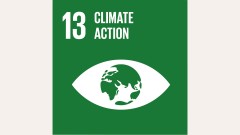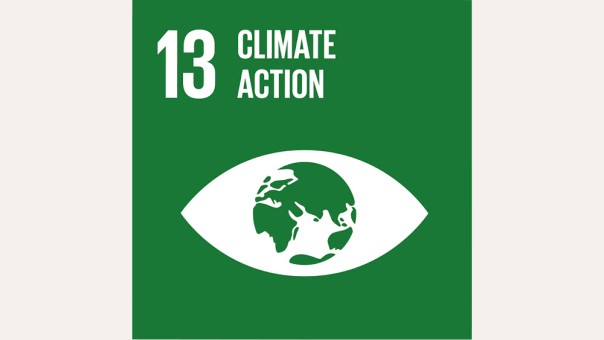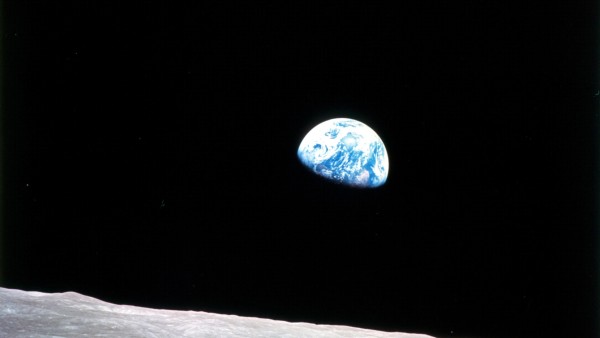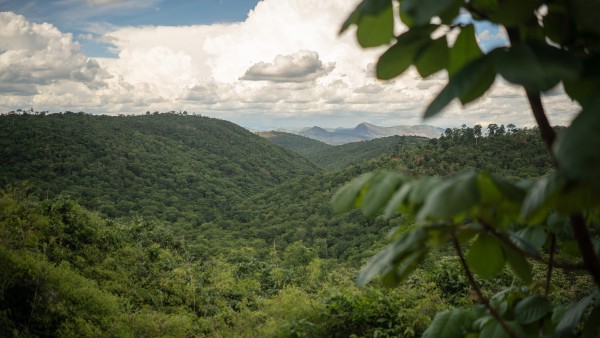On 28 March 2026, it will once again 'Lights out for a peaceful and living planet!' in all of KfW's larger building units in Frankfurt, Berlin, Bonn and Cologne. As a responsible bank, KfW participated for the 16th time in the worldwide Earth Hour, which was launched by the World Wildlife Fund For Nature (WWF) in 2007.
Earth Hour 2024
Video with KfW CEO Stefan Wintels from last year (German with English subtitles)
Source: KfW / Detlev Karres / Thomas Schuch
For this purpose, the lights were switched off for one hour at all the above-mentioned locations between 8:30 and 9:30 pm. In view of war, the climate crisis and our dependence on fossil fuels, the signal sent out by Earth Hour is more important than ever. It stands for bringing people together across borders to protect our Earth.

"We make an effective contribution to shaping a sustainable economy and society"
Earth Hour
Source: KfW / Detlev Karres / Thomas Schuch
"This decade of decision is also a decade of investment. In this respect, the financial industry and the capital markets play a decisive role in mobilising private capital to manage the green transformation. It also depends on KfW, because as a responsible bank and as a global transformation and promotional bank, we want to make a positive and sustainable contribution",
explained Stefan Wintels, CEO of KfW.
WWF Earth Hour
Further information
It all began 17 years ago in the Australian metropolis of Sydney. More than 2.2 million Australian households took part in the first Earth Hour on 31 March 2007 and switched off the lights in their homes for one hour to set an example for climate protection. One year later, Earth Hour had already reached 370 cities in 35 countries spread across 18 time zones.
Earth Hour is now the largest global climate action and environmental protection campaign.
In recent years, people from over 190 countries and territories around the world have come together for the first time as part of Earth Hour to donate "one hour for the Earth". In Germany, 557 cities and 753 company locations registered again this year.
Published on KfW Stories on 25 March 2024, updated on 4 December 2025.
The described project contributes to the following United Nationsʼ Sustainable Development Goals
Goal 13: Take urgent action to combat climate change and its impacts
Water shortages, droughts, hurricanes and floods are just a few of the many consequences of global climate change and causes of migration. Around 20 million people are currently being forced to leave their homes as a result of climate-induced events. Climate change does not stop at national borders and its effects are not limited to individual policy areas, economic sectors or social groups. International efforts to contain climate change must also take into account the many interactions between these domains.

All United Nations member states adopted the 2030 Agenda in 2015. At its heart is a list of 17 goals for sustainable development, known as the Sustainable Development Goals (SDGs). Our world should become a place where people are able to live in peace with each other in ways that are ecologically compatible, socially just, and economically effective.










Data protection principles
If you click on one of the following icons, your data will be sent to the corresponding social network.
Privacy information